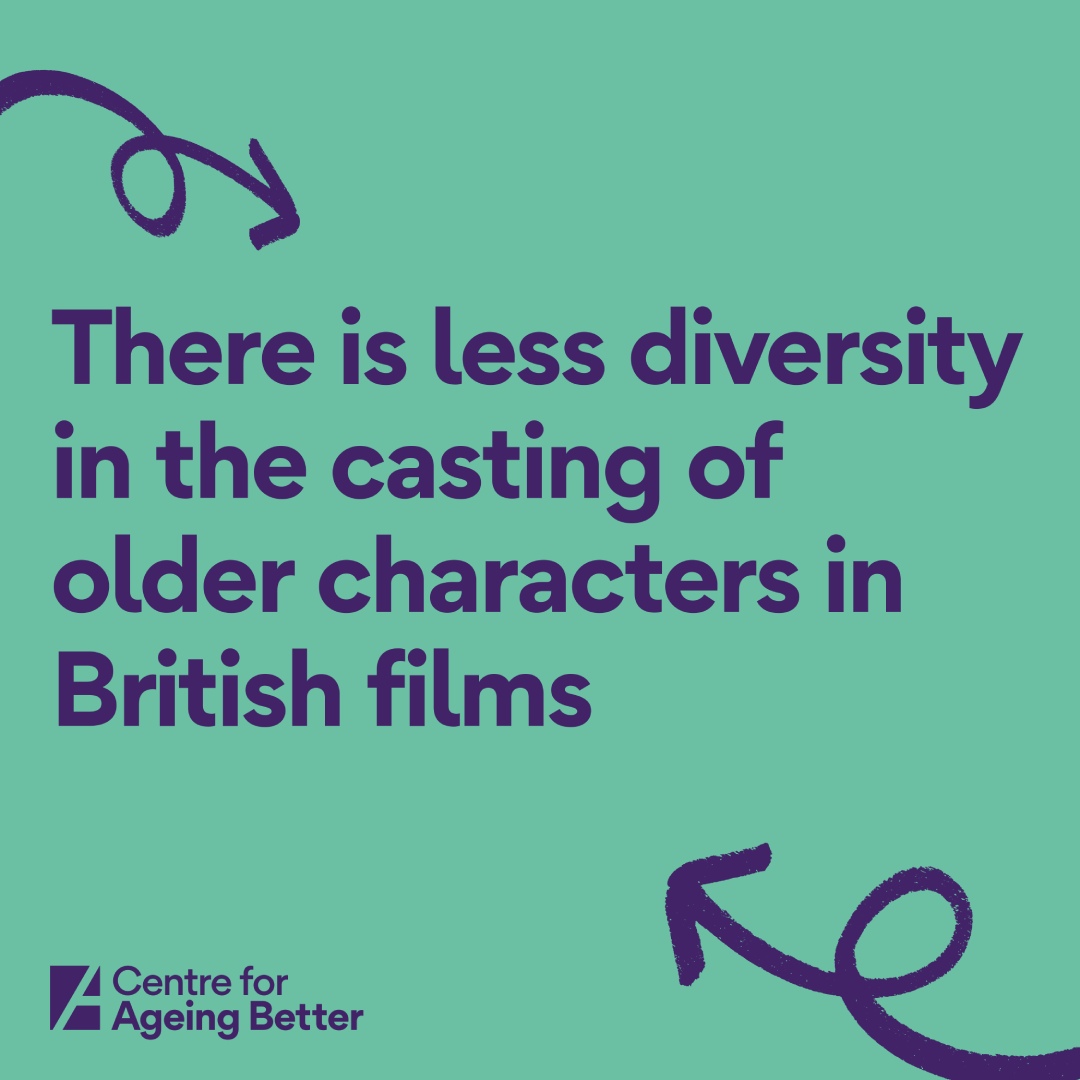The way people currently talk about ageing and older age is largely negative. To change this conversation we need to stop reinforcing these beliefs – and tell a new story.
Small changes to the ways that we speak and write about ageing and older age could have a big impact..🧵
Small changes to the ways that we speak and write about ageing and older age could have a big impact..🧵
Shift associations with frailty, vulnerability and dependency.
Give older people a voice in your work. Personal stories and experiences can highlight the diversity of people in later life.
Give older people a voice in your work. Personal stories and experiences can highlight the diversity of people in later life.

Avoid 'othering' and compassionate ageism.
Don't use terms and language that evoke undue pity and makes older people sound like another group that’s separate from the rest of society.
Don't use terms and language that evoke undue pity and makes older people sound like another group that’s separate from the rest of society.

Don't stoke conflict between generations.
Avoid inaccurate ‘boomer’ v ‘millennial’ tropes. These mask the diversity that exists within generations and encourage unnecessary social divisions.
Avoid inaccurate ‘boomer’ v ‘millennial’ tropes. These mask the diversity that exists within generations and encourage unnecessary social divisions.

Think carefully about imagery and iconography.
Imagery used in communications often caricatures later life.
Instead use our free age-positive image library containing over 1,000 photos of people over 50 to highlight the diversity of later life 👉 ageing-better.org.uk/news/age-posit…
Imagery used in communications often caricatures later life.
Instead use our free age-positive image library containing over 1,000 photos of people over 50 to highlight the diversity of later life 👉 ageing-better.org.uk/news/age-posit…

Want to learn more about challenging #ageism?
Download our guide to talking about ageing and older age here:
ageing-better.org.uk/publications/c…
Download our guide to talking about ageing and older age here:
ageing-better.org.uk/publications/c…
• • •
Missing some Tweet in this thread? You can try to
force a refresh








